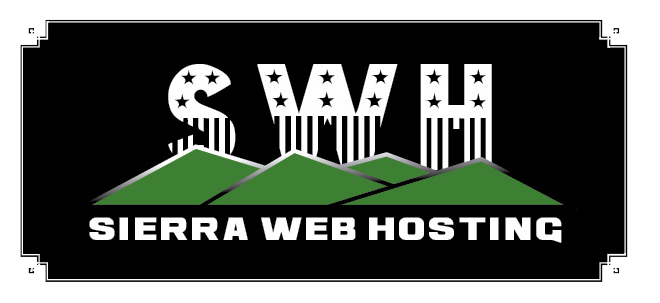16 GB DDR4 ECC REG RAM
2x240 GB nvme Hard Drives
32 GB DDR4 ECC REG RAM
2x480 GB nvme Hard Drives
32 GB DDR4 RAM
2x240 GB SSD Hard Drives
What Do Dedicated Servers Mean?
When we talk about web hosting servers, there are three major types - hosting servers, VPS (virtual servers) and dedicated servers. Shared servers accommodate plenty of customers and hence the resources per user account are restricted, VPS give you more configuration autonomy, but also affect other virtual web servers on the hardware node if used heedlessly, and dedicated servers offer you the independence to perform everything you desire without meddling with anyone else.
Why would you require a dedicated servers?
Dedicated servers are normally much more expensive than shared web servers or VPS servers. Why would anyone, then, use them? The answer is rather simple. If your company has a heavy resource-devouring web page, or simply has very specific web server configuration requirements, the right option is a dedicated servers. For someone who is ready to invest in safety and stability, the bigger price is not an issue. You have root-level access and can utilize 100 percent of the server's resources without anyone else availing of these system resources and meddling with your websites.
Hardware configurations
Most website hosting distributors, incl. us at SWH - Sierra Web Hosting, provide several hardware architectures you can choose from according to your demands. The hardware configurations offer different varieties of microprocessors, a different number of cores, different RAM and hard disk sizes and different traffic usage quotas. You can pick a hosting Control Panel, which is a handy user interface if you want to use the dedicated servers for web hosting purposes solely and prefer not to resort to SSH for all the changes you will be making. We offer three kinds of web hosting Control Panel software - Hepsia, DirectAdmin and cPanel.
The web hosting CP of your choice
If you are a confident Linux OS user (our dedicated hosting web servers are powered by Linux or other Unix-based OSs), you could manage your dedicated servers via a Secure Shell terminal only. That, however, could be inconvenient, particularly if you choose to grant full root access to somebody else who has less technical knowledge than yourself. This is why having web hosting Control Panel software installed is a good idea. The Hepsia hosting Control Panel interface that we provide does not offer full server root privileges and is chiefly suitable for someone who runs a lot of websites that consume plenty of system resources, but prefers to manage the online portals, databases and e-mails using an intuitive Control Panel. The DirectAdmin and cPanel hosting CPs, on the other hand, grant full root-level access and offer 3 access levels - root, reseller and user. If you plan to resell hosting plans rather than utilizing the dedicated servers just for yourself, you should pick one of these two.
Server monitoring and backup services
Last but not least, there is the issue of monitoring the dedicated servers and of backing it up. In case of a problem with your server, like an unresponsive Apache or a network outage, it is desirable to have some kind of monitoring system enabled. Here at SWH - Sierra Web Hosting the system administrators monitor all dedicated servers for ping timeouts, and, if you order a Managed Services upgrade, they monitor the individual services on the dedicated servers too. Backups are also an extra feature - the web hosting supplier offers you data backups on our own backup servers. You could pick a type of RAID that would allow you to store the same data on two server disk drives as a protective measure in case of a disk drive failure, or in case someone whom you have ranted full server root privileges erases something by accident.

